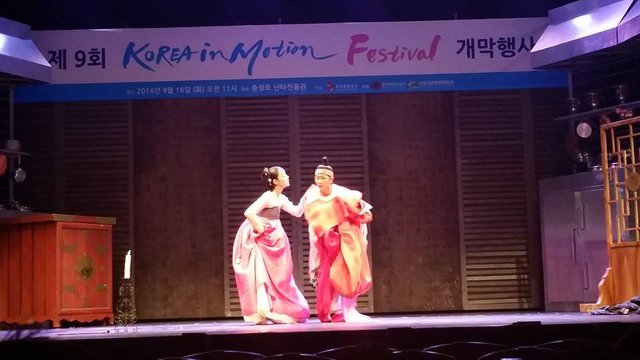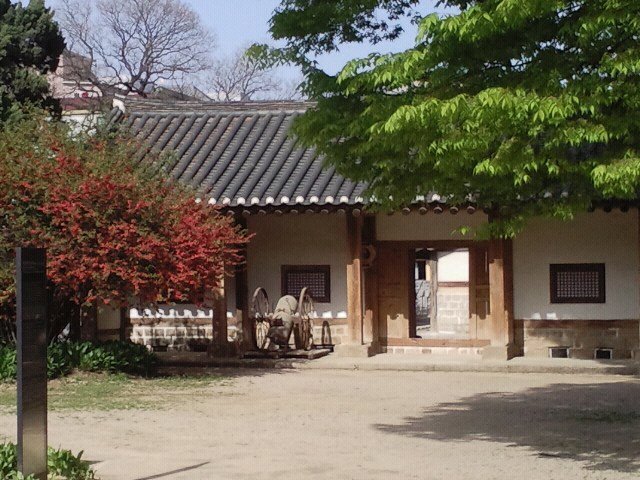Free study in South Korea. Myth or reality?
Education is one of the most important issues that worries many parents, sometimes even before the birth of a child. In South Korea, many parents plan to educate a child from the very youngest age.
Before the baby got out of the diaper, he was already hired by tutors who helped develop the most important skills and talents. Most Koreans can play at least one musical instrument. And now, in the period of globalization, and in Korea and Americanization, it has become fashionable to study foreign languages. In Korea, there are a lot of mixed marriages, and children, almost from birth, do not speak, but understand, at least 2 languages.
Education of children is not only an important issue, but also one of the biggest expense items in family accounting. Even kindergartens now cost more than what schools once cost. Therefore, in Korea, usually only one child is planned. It is very important to give a child not just an education, but a decent education! And if the family has decided to expand, then already, if you do not want, both parents should go to earn money.
Recently, in many countries, "noise", the so-called Korean wave. Everyone watches Korean TV shows, listens to Korean music K-Pop, dreams of visiting or studying in Korea. And the most ardent fans of Korea learn the Korean language.

Korea in Motion

Lantern festival in Seoul

Sungkyunkwan University
Study in Korea is not so cheap. On average, one semester of undergraduate studies at a university costs between 3,000 dollars and more. Everything depends on the university itself and on the faculty. On the average in a bachelor's degree it is necessary to study 4 years, it is 8 semesters or 48 months. In this case, training will cost $ 24,000. Here you need to add living expenses (an average of $ 1,000 per month), for teaching materials (some textbooks cost $ 50-100), and for entertainment - sometimes you have to go for a walk. Put all the numbers together? The sum turns out rather big ...
Many can not pull such costs. And therefore, after seeing these figures, the entrants put an end to their dream of studying in the country of morning freshness; and their parents are trying to plan their family budget, weighing all the pros and cons, and puzzling over how to earn an extra penny.
_Chin up! In Korea, as in many other countries of the world, there are special grant programs that cover the study of foreign students, both partially and completely. I'll tell you about a couple of such programs.
Firstly, it is the state program of KGSP. Every year, according to this program, students from all over the world come to Korea. The program has 3 branches: bachelor's, master's, doctor's degree. The state covers all expenses:
- Flight to both sides (first arrival in the country for study, and then at the end and return to the homeland),
- payment for tuition at language courses,
- payment for tuition at the university,
- the student receives a monthly scholarship for living.
In the master and doctoral studies, scholarships for a thesis or research are paid extra. The monthly scholarship is approximately $ 800 for bachelors and $ 900 for masters and doctoral students. Also, the program provides insurance for the entire study period. Moreover, 1-2 times a year all scholars are gathered together for a 2-3-day trip and introduce Korean culture and history.
Webpage: http://www.niied.go.kr
An identical program is for foreign Koreans. The conditions are almost the same. The amount of scholarships is slightly different. But the main difference and condition is that the candidates for the scholarship must be ethnic Koreans. Sponsor and organizer of the scholarship "Overseas Korean Foundation" (Overseas Korean Foundation). I graduated from this scholarship too. Who is interested can read about my experience here.
Webpage: http://homepy.korean.net/~scholarship/www/

Main gates of Seoul National University
Some universities provide their own scholarships. For example, the KAIST University has a scholarship program for foreign students. The scholarship covers the costs of studying at the university, as well as a monthly minimum (about $ 200). And anyone can apply for it.

KAIST University
In conclusion, I will tell you about my studies in Korea. Firstly, this acquaintance with the new culture, a new experience, new friends. Secondly, most universities in Korea, especially TOP universities, are equipped with the latest technology. Comfortable classrooms, wonderful libraries, where you can practice 24 hours a day. Thirdly, the students make up the schedule themselves. But there are both positive and negative sides. Places for each subject are limited, so who has managed, to the roots, and who does not, to the top. I remember when the time for scheduling began, my friends and I went to the Internet cafe, because there was a lot of time. there the Internet is faster than home, we considered seconds before the opening of the registration window, in order to have time to enroll in the group.

Library at the SKKU
Another advantage of studying in Korea is the opportunity to study at 2 faculties at the same time. It all depends on how many credits you have time to take to the 3 course of study. If you study well, then in 4 years you can get 2 diplomas at once. I told about this in detail in my article about student life, and soon I'll share my impressions about the educational process.
So, if you dream of studying in Korea, do not miss your chance. Dare! The main thing is to set a goal and move to it!
You can also take a look at the current grant programmes in Korea
If you have any questions about Korea don't hesitate to contact me here or via instagram 
More articles about my travel adventures you can find here 







You got a 7.56% upvote from @dailyupvotes courtesy of @irisworld!